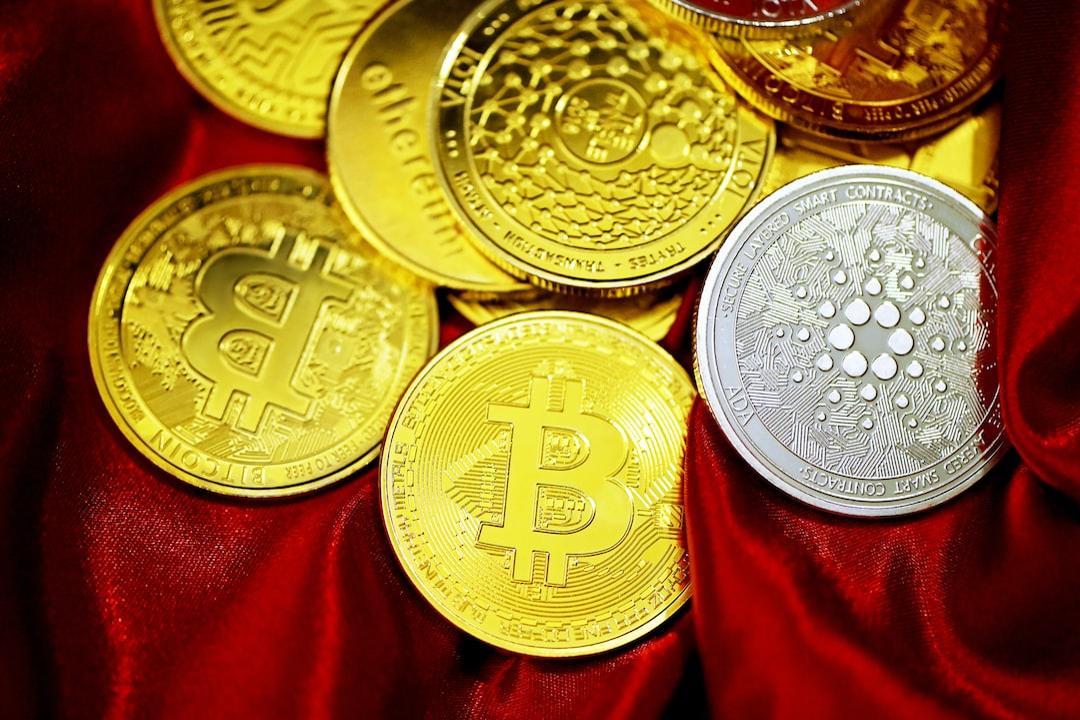A collective of 20 South Korean cryptocurrency exchanges have eased concerns about the potential mass delisting of tokens under the country’s new digital asset regulations. Over the next six months, these exchanges will conduct a review of 1,333 cryptocurrencies as part of the newly implemented crypto user protection laws. According to a statement from the Digital Asset Exchange Alliance (DAXA), it is unlikely that there will be a mass delisting of tokens all at once.
As of July 19, South Korea’s exchanges, including the largest ones like Bithumb and Upbit, are required to review the cryptocurrencies listed on their platforms in compliance with the nation’s new investor protection laws. DAXA has stated that all new token listings will be evaluated based on the Protection of Virtual Asset Users Act, which is a result of the introduction of the new rules.
In collaboration with the 20 exchanges, the industry body has developed a set of best practices guidelines on how to review and discontinue support for cryptocurrencies. The guidelines cover the assessment of token issuers for reliability, user protection, and regulatory compliance. Additionally, DAXA has introduced an “alternative screening plan” for cryptocurrencies that have been traded for over two years in eligible overseas virtual asset markets with sufficient regulation.
DAXA is currently engaged in research and consultation with exchanges to create a specific list of eligible overseas markets, which will include those on the board of the International Organization of Securities Commissions (IOSCO).
South Korea plays a significant role in the global cryptocurrency markets, with its currency, the won, being the most traded fiat currency in the first quarter of the year. The trading volume of the won on exchanges amounted to $456 billion, slightly surpassing the $455 billion volume of the U.S. dollar. Upbit, the largest exchange in the country, is currently among the top 20 exchanges by daily volume, with $889.3 million traded on its platform in the last 24 hours, according to CoinGecko.
Furthermore, there are concerns about the deposit risk when using crypto exchanges, and what exactly they do with users’ money.

